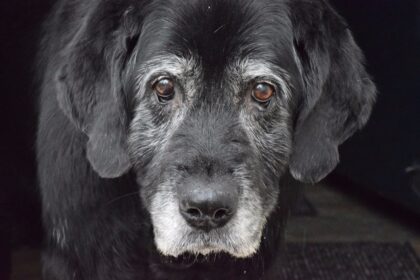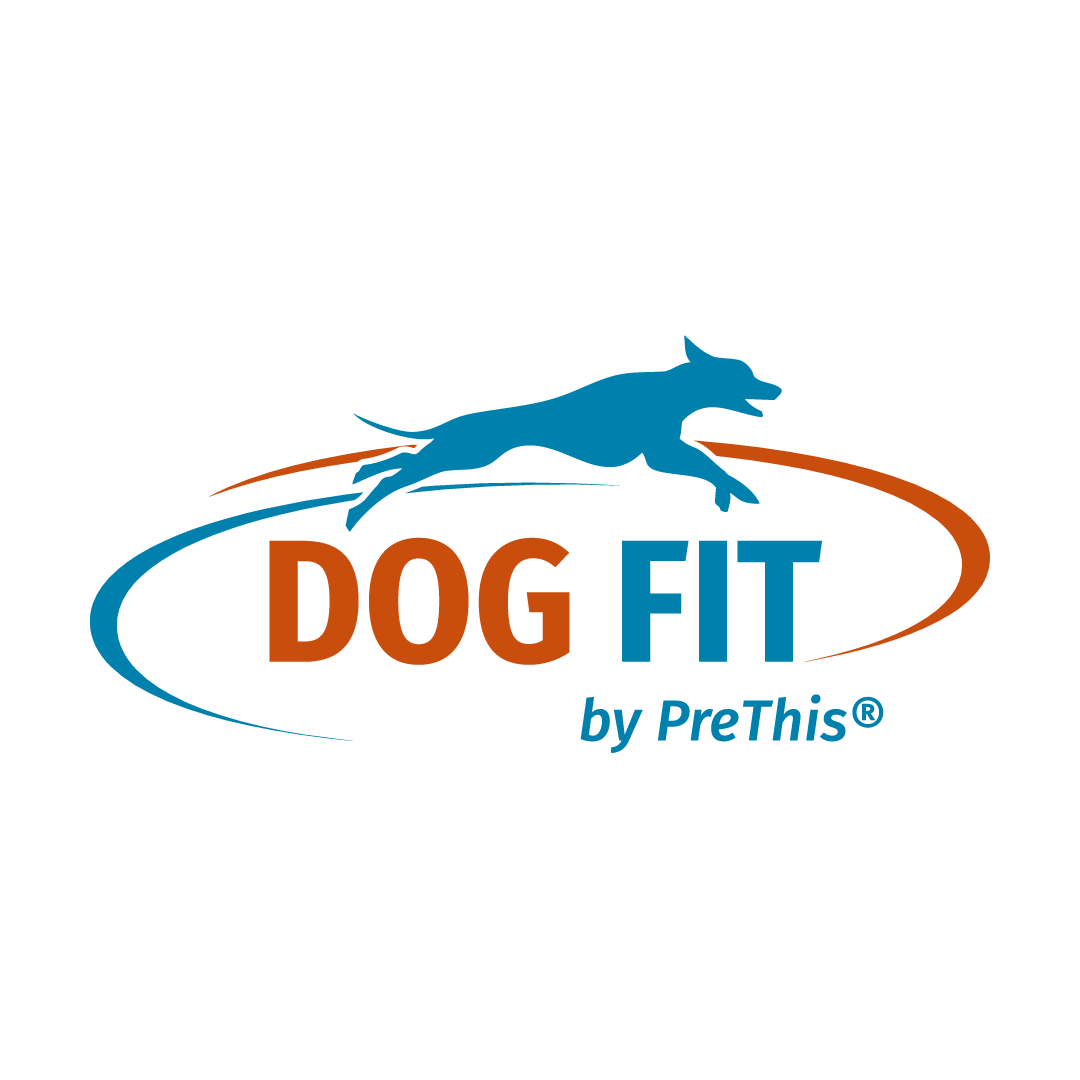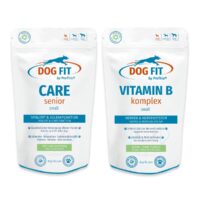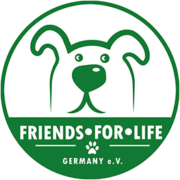
Introduction
There’s a saying: “Everyone wants to grow old, but no one wants to get older!” This applies not only to us humans, but also to dogs. When a dog is considered a senior depends on its size, breed, and individual disposition. Rule of thumb: The larger the dog, the earlier it reaches senior age – for example, large breeds such as Irish Wolfhounds or Great Danes are considered senior dogs from around 6 to 7 years of age, medium-sized breeds from 8, and small breeds usually only from 10.
In addition to the breed, the individual’s constitution also plays an important role. As with humans, there are fit senior dogs and those in whom age-related changes begin earlier. Lifestyle and diet have a major influence on how long a dog remains vital.
The first signs of the onset of aging include slowness to stand up or stiffness after periods of rest. If lameness persists, it may indicate osteoarthritis – the earlier it is detected, the better the supportive measures can be. Various studies show that essential fatty acids such as omega 3, 6, and 9 (e.g., in salmon oil) can promote well-being in old age, and DHA (docosahexaenoic acid) is also important for the development and maintenance of nerve structures. Early nutrition can help prevent age-related changes.
Diet should also change with age.
A dog’s age is an opportunity to critically re-examine its diet. Not every product advertised as “senior” food is actually suitable – much of the commercially available ready-made food is industrially produced and often contains additives that aren’t optimal for older dogs. Metabolism slows with age, and the ability to absorb nutrients decreases. Therefore, better digestibility of food is important. Loss of appetite also occurs in old age, often due to dental problems or illnesses such as kidney failure. In these cases, a more energy-rich and easily digestible food can be helpful. Individual advice – for example, from a qualified canine nutritionist – is recommended, as every dog has unique needs.
Nutrients for Senior Dogs
With increasing age, nutritional requirements also change. Adequate amounts of vitamins such as A, B, D, and E, as well as trace elements and minerals (e.g., zinc, iron, and omega-3 fatty acids) are important. Antioxidants such as vitamin C and vitamin E, and phytochemicals can also help support cell function. For joint function, we recommend supplementing with special nutrients such as green-lipped mussel, collagen, MSM, glucosamine, and hyaluronic acid. The supply should always be tailored to the dog’s needs and age and weight. Liver and kidney function also gradually decline with age. A single-protein diet with high bioavailability may be beneficial in this case. Digestion benefits from an increased fiber content, for example, through acacia fiber or linseed. These support intestinal activity and contribute to well-being. For calcium supply, bone meal or eggshells are a digestible alternative to bones.
Making everyday life easier for senior dogs
As dogs age, everyday life can become more difficult. Many practical aids make life easier: Adjustable-height food bowls protect the neck and back. Dog ramps allow them to get into the car without straining the joints. Special orthopedic dog beds promote restful sleep and relieve pressure on the joints. Lifting and walking aids can help.if climbing stairs is difficult. It is important to provide the dog with sufficient rest, a safe place to sleep, and regular veterinary and veterinary health checkups.
You and your dog: Living with a senior dog is a special experience. Human and dog grow together, develop routines, and often master everyday life with a new sense of calm. Whether young or old – the bond between dog and owner remains unique and enriches both sides. Time for one another and attentive care are the best foundation for a fulfilling relationship.
Product information: DOG FIT by PreThis® VITAMIN B + CARE senior🛒 – Premium supplementary food for dogs in an affordable set with carefully selected micronutrients. Free from genetic engineering and artificial additives. You can find more information here:

The content of the articles is for general information purposes only and does not replace diagnosis or treatment by a veterinarian. Reviews or testimonials are individual reports from verified customers. This information does not constitute medical advice and should not be understood as such.
Our daily inspiration comes from the special moments with our dogs. Here we share this enthusiasm and invite you to become part of the DOG FIT community on our social media channels.



Leave a Reply